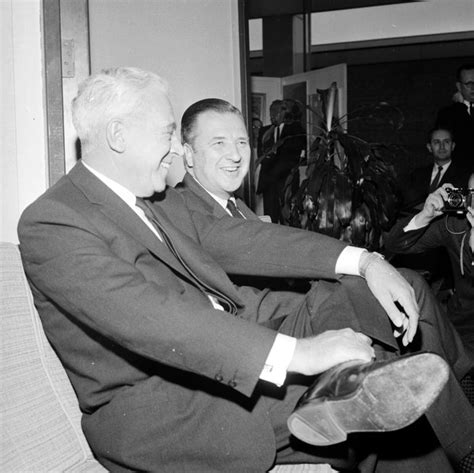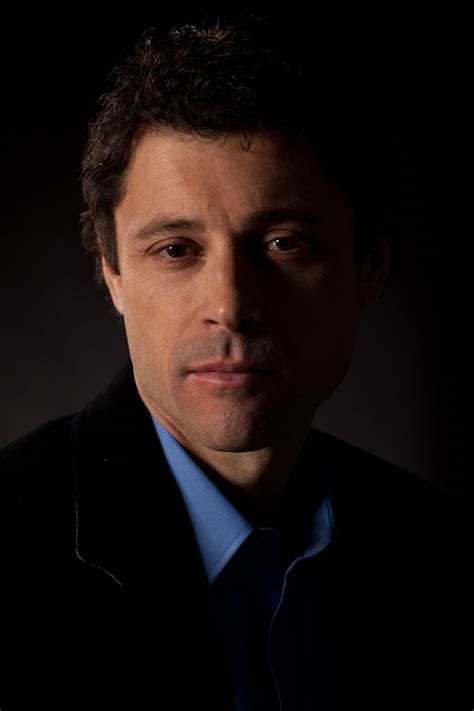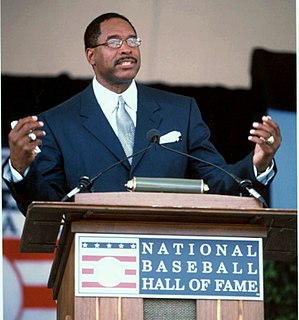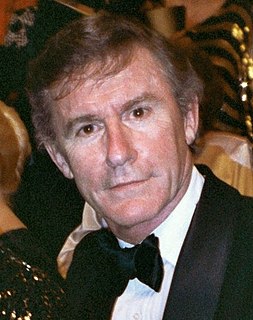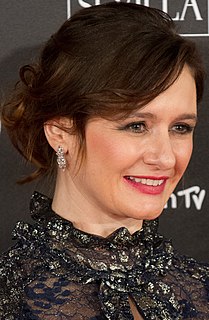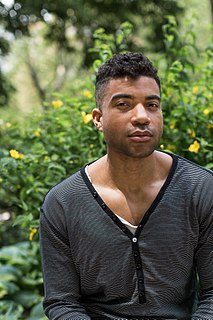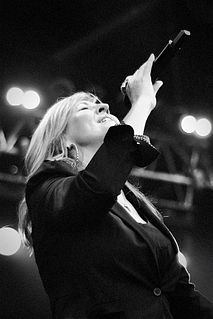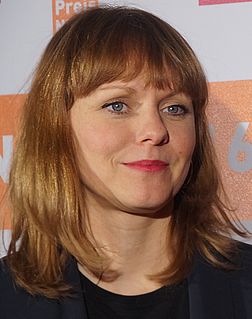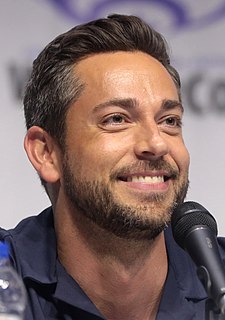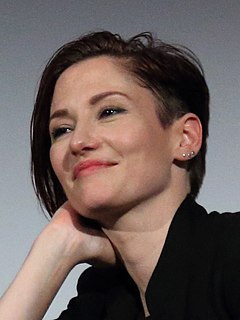A Quote by John Dykstra
It's very much like filmmaking always is-you're always asked to do something that you're not sure you know how to do. So you make an educated guess as to what you think will work and you hope between that and plan B, that you can end up with a product that's really good.
Related Quotes
All you can do is make a piece of product, sell it on its own terms, stand behind it and hope that people will go see it. If you try to be like something else or appeal to any given group, then you can very easily end up being gratuitous and imitative. There's not much to be gained by that and I think too much time is spent going around trying to be like someone else.
Every time I'm in the studio, I always think of my professor in undergrad. He was like, "There are so many artists in the world. If you're going to be an artist, make sure you have something to say. Don't just be an artist and put out bullshit. Have something to say." I guess that would be my philosophy and something I think about all the time. Every day when I'm in the studio I hear him and I see him. I remember him saying it in class. So that's something that I always want to make sure I have: I'm saying something with the work.
How shall I sum up my life? I think I've been particularly lucky. Does that have something to do with faith also? I know my mother always used to say, 'Good things aren't supposed to just fall in your lap. God is very generous, but he expects you to do your part first.' So you have to make that effort. But at the end of a bad time or a huge effort, I've always had - how shall I say it? - the prize at the end. My whole life shows that.
I guess early on in my Christian walk, you know, people said to me, "Never question God" you know? But actually I just found Him to be such a good Father. He's such a good Father and He spoke to me in amazing ways that I'm sure I never would have learned some of these things on mountaintops, you know? I thought I knew how much he loved me, but then one day He asked me "What do you believe?" And I'm like, "I believe this and this and this and this" you know. I was a very good Christian in all my answers, and then he said, "No, no, what do you believe, Daughter, about how much I love you?"
We with Komplizen Film believe very much in the writer-director and in the freedom of a filmmaker. I think it's always good to be involved where you spend the money. Filmmaking, you see in the picture what the money's spent for. I never had to leave a phase of filmmaking before being really happy, and that was really a big luxury. That could happen, I think, because I am my own producer.
I always feel like I learn more from directors that are new, and I also am able to understand how much I really do know about filmmaking when you work with directors that maybe don't have as much experience, so you're able to sort of take the reins. I know how to do these movies, I've done so many of them and have learned from new directors who are usually willing to try new things and are more open to allowing someone like me to kind of come in and just do what I know how to do.
I think a lot of the writing, you know, I write is just kind of like that where, you know. I write exactly how I'm feeling sometimes, and hardships that I'm going through. But I always end up, like the choruses are like, "God, You are good. God, you're faithful. You know, I know You understand, You're right here by my side." All these different things. And I just say very personal experiences that I've been through. I mean, it's not always detrimental thing.
My family was always very supportive. Whether you're an actor or not, everybody hears the horror stories of people going to L.A. and trying to be an actor, and their dreams are crushed, and they end up working for the IRS. So they were always protective to the point that they wanted me to have a backup plan, which is understandable, but there was always something inside of me that knew: backup plan, schmackup plan.
I think I sent one [book] to Brian Eno. I don't know how I got to know his address, but I sent one to him. He called me up and he said, "I really like the book, and I'm starting a new label, would you liked to do something?" It was a tricky situation for me, because I've always had this thing in my life of a tension between collaboration, which was extremely important to me, and then being alone. Make of that what you will!
